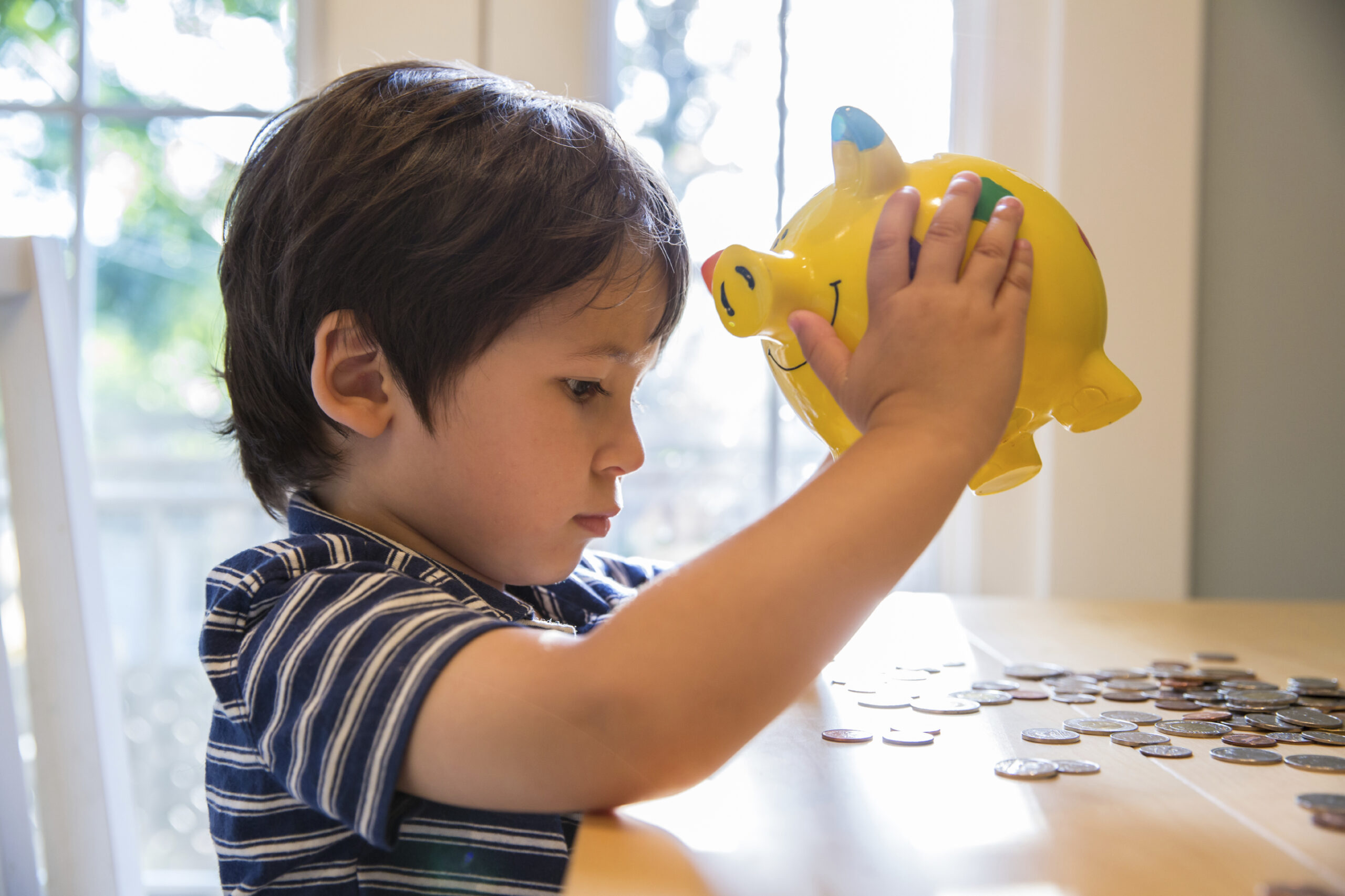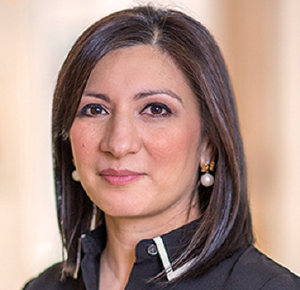
12:00 - 11:59 pm
Making It Real: Philanthropic Strategies for Promoting Parents as Essential Partners

Cortez opened the conversation by sharing a framework he uses to illustrate the various ways in which education philanthropy can nurture parent power to change the education system, including investments in efforts to inform and organize parents, building their capacity to maximize value from the existing system and, when necessary, change the way the system operates. This framework reflects Cortez’s position that education philanthropy has historically focused on “supply-side” investments, driven by well-intentioned and well-resourced outsiders who have not effectively engaged and partnered with the communities they are seeking to serve and support.
Kapur described how CCNY invests in bridging the gap between home and school, including investments in services, advocacy, research and infrastructure. Recognizing the need for more “demand-side” strategies, CCNY launched its Public Understanding portfolio to engage families, students, educators and other stakeholders as partners in supporting equitable access to student learning. A central part of those efforts is listening to families and communities to inform the foundation’s strategies.
Drucker introduced WFF’s newly released five-year strategic plan, explaining how the foundation is shifting from a sole focus on academic attainment to one that also includes economic and social mobility, promoting expanded coalitions that reflect a whole-child context, and deepening its commitment to innovation. She echoed Kapur’s commitment to listening, describing WFF’s investments in research and polling to elevate parent voice to inform policy change.
Morrison described Mile High United Way’s work over the past five years, using data to identify high-need communities and then taking the time to listen to parents and let them inform the organization’s investments. While creating trusting relationships with parents and investing in parent leadership and power, they have worked with schools and school districts to help them develop and sustain equitable and accessible ways to welcome parents as partners.
The panelists discussed the “silver linings” of the past year, celebrating the many ways in which parents and parent groups have creatively responded to the challenges posed by the pandemic and the growing awareness among school leaders of the importance of authentic parent engagement.


 All Events
All Events


